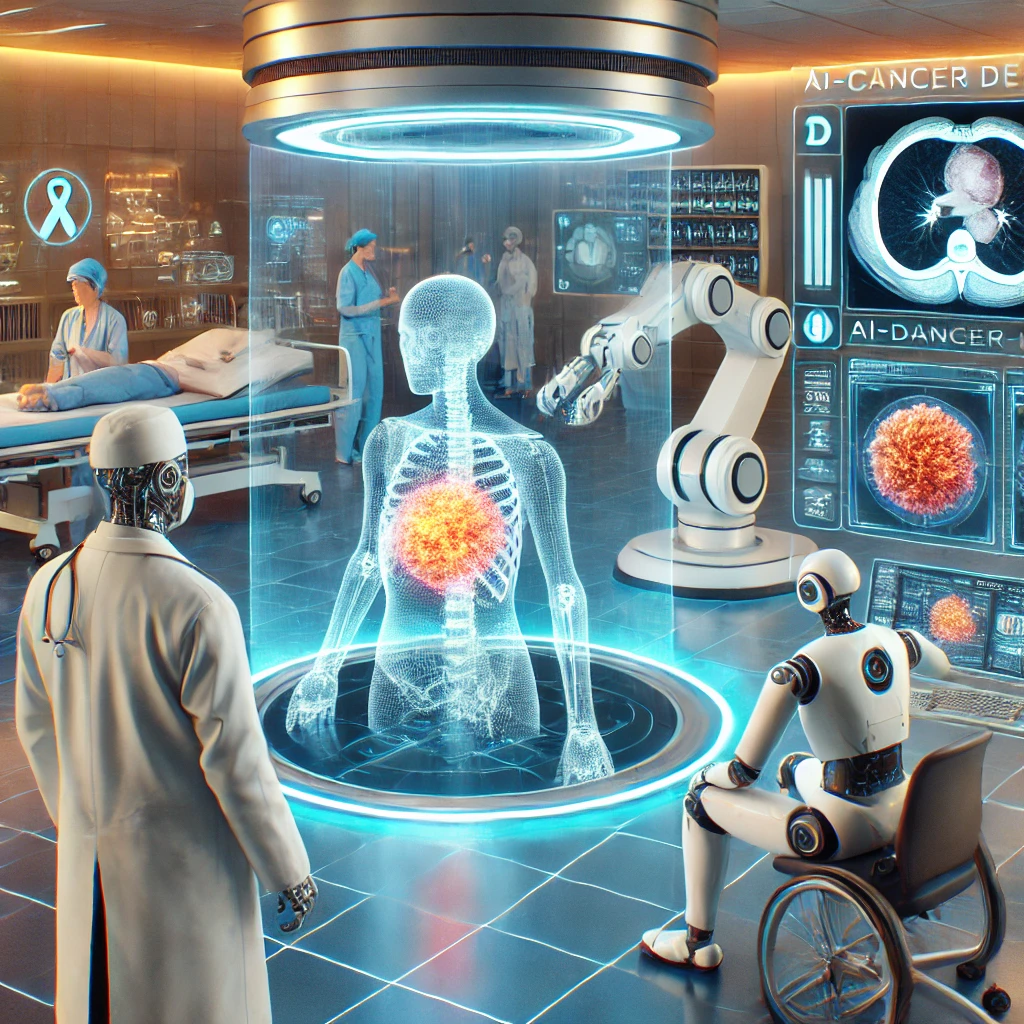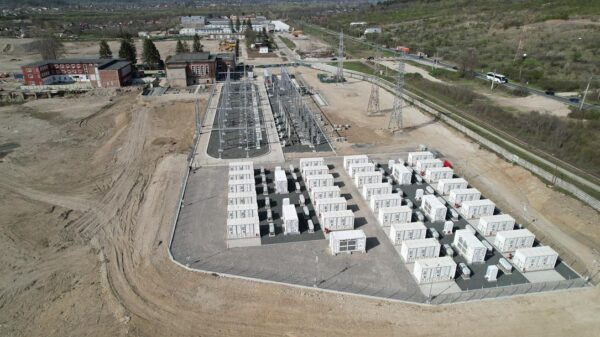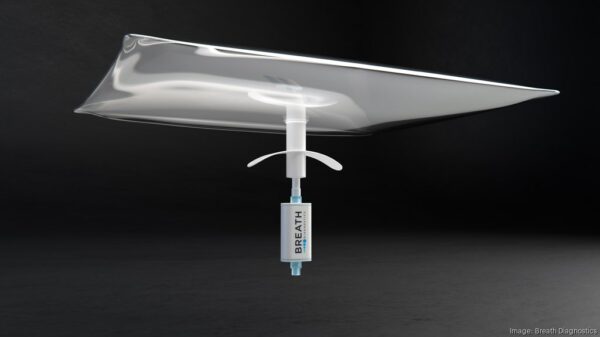Cancer remains a leading cause of illness and death in Canada, with incidence and mortality rates differing by gender. According to Statistics Canada, the age-standardized incidence rate (ASIR) for all cancers combined was higher in males than in females in 2021.
Males also experienced a higher age-standardized mortality rate (ASMR) from cancer compared to females. Prostate cancer was the most commonly diagnosed cancer among men, followed by lung and colorectal cancers, while breast cancer led diagnoses among women, with lung and colorectal cancers ranking next.
In terms of cancer-related deaths, Statistics Canada reports that lung cancer was the leading cause for both men and women, with colorectal and prostate cancers being the next most fatal for men, and colorectal and breast cancers for women.
These findings highlight the need for gender-specific prevention, early detection, and treatment strategies to reduce the burden of cancer across the population.
Cancer is also big business, and plenty of tech and pharma giants that constitute the usual suspects of companies like Johnson & Johnson (NYSE: JNJ) or Amgen Inc. (NASDAQ: AMGN), but there are also no shortage of startups taking aim at the disease.
Here are five prominent startups, organized by the type of cancer they’re fighting.
1. Lung Cancer: Breath Diagnostics, Inc.
Breath Diagnostics is developing the OneBreath™ system, a non-invasive technology that analyzes organic compounds in a single breath to detect lung cancer and other diseases. This approach aims to provide rapid and accessible diagnostics.
This AI-driven system offers a quicker, less invasive alternative to traditional diagnostic methods like biopsies or CT scans. OneBreath aims to improve early-stage detection by analyzing breath samples with machine learning algoriths. The company is also currently working on clinical validation and regulatory approvals.
Breath Diagnostics, Inc. is headquartered in Louisville, Kentucky. The company is led by CEO Ivan Lo and recently appointed Aaron Roebuck as President. Roebuck brings nearly 30 years of experience in respiratory and cardiopulmonary medicine, with a background in device development and commercialization.
OneBreath is designed to replace invasive and expensive procedures. Unlike biopsies, which can be painful and carry risks of complications, or low-dose CT scans that require repeated radiation exposure, OneBreath provides a safer, more convenient alternative. Its ability to detect early stage lung cancer offers patients better chances at successful treatment while minimizing stress.
While initially focused on lung cancer, the technology has the potential to expand into detecting other cancers and respiratory diseases. The same breath analysis approach could be adapted to identify biomarkers associated with different types of cancer. As research progresses, OneBreath could become a widely-used, AI-powered screening method that transforms cancer detection and improves patient outcomes across multiple diseases.
Read more: Breath Diagnostics takes aim at lung cancer with One Breath
Read more: Breath Diagnostics pioneers novel lung cancer breath test
2. Pancreatic Cancer: Sycai Medical
Sycai Medical is a Barcelona-based MedTech startup using artificial intelligence to enhance early cancer detection, particularly in pancreatic cancer. The company has developed an AI-powered medical imaging assistant designed to help radiologists identify precancerous lesions in the pancreas. Sycai aims to improve patient outcomes and increase survival rates for one of the most lethal cancers through early detection.
The AI-driven software integrates seamlessly into existing hospital systems, analyzing CT scans and MRIs in real time. It uses machine learning algorithms trained on extensive datasets to detect and classify pancreatic lesions. It also assesses their malignancy potential, and tracks their progression over time. This technology assists radiologists in making faster and more accurate diagnoses. Additionally, it enables proactive monitoring of at-risk patients.
Sycai Medical recently obtained regulatory approval in Europe, marking a significant milestone in its mission to bring AI-assisted cancer detection to clinical settings. The company’s solution has demonstrated superior accuracy compared to conventional diagnostic methods. Furthermore, it has been designed with an intuitive interface to encourage adoption among healthcare professionals.
The startup has also secured funding to accelerate its expansion. It has plans to enhance its technology and broaden its applications to detect other abdominal cancers, including liver and kidney lesions. Future developments include validation efforts in the United States to gain FDA approval, positioning the company for wider international adoption.
Sycai Medical is playing a role in transforming cancer care by addressing the critical challenge of late-stage pancreatic cancer diagnosis. Its AI-powered approach not only enhances early detection but also streamlines patient monitoring and treatment assessment.
3. Bladder and Kidney Cancers: MUSK AI Model by Stanford Medicine
Stanford Medicine developed an advanced AI model called MUSK (Multimodal Transformer with Unified Mask Modelling) to improve cancer prognosis and treatment predictions.
This tool integrates medical imaging data, such as pathology slides, with clinical text records, mimicking the way doctors analyze multiple sources of information when diagnosing and treating patients. By combining these data types, MUSK enhances accuracy in predicting disease progression and therapy responses.
A team of associate professors of radiation oncology developed MUSK, aided by a team of postdoctoral researchers. Their work focuses on refining AI models to offer more personalized and effective cancer treatment strategies.
The urgent problem MUSK aims to solve is the challenge of integrating diverse medical data for better decision-making. Traditional AI models often rely on a single data source, which can limit their predictive power. MUSK provides more precise assessments of survival probabilities, using both text and imaging. It also helps to identify patients who may benefit from targeted therapies like immunotherapy.
This advancement in precision oncology helps clinicians tailor treatments to individual patients, ultimately improving outcomes and quality of life.
Read more: Breath Diagnostics onboards new president and closes critical financing
Read more: Baird Medical Investment wins award for its cancer-surgery robot
4. Brain Cancer: PathAI
PathAI is a company specializing in artificial intelligence powered pathology, aiming to enhance the accuracy and efficiency of cancer diagnoses through advanced machine learning. Their technology assists pathologists in analyzing pathology images, improving precision in identifying cancers such as brain tumors.
By training AI models on extensive datasets annotated by board-certified pathologists, PathAI reduces diagnostic errors and inconsistencies, particularly in complex cases like glioblastomas, an aggressive form of brain cancer. Accurately identifying and characterizing these tumors is essential for determining the most effective treatment strategies.
To support the integration of AI into clinical workflows, PathAI has developed AISight, a digital pathology image management system. This platform streamlines case management and analysis, allowing pathologists to efficiently review digital slides while reducing turnaround times and improving diagnostic consistency. The system’s flexibility makes it suitable for various laboratory environments, facilitating routine diagnostics and research applications.
PathAI works with biopharmaceutical companies and research institutions to advance oncology research. The company’s expansion of AI-driven pathology tools enables comprehensive tumor microenvironment analysis, supporting biomarker discovery and the development of targeted therapies.
A recent partnership with Quest Diagnostics further pushes along the adoption of AI in pathology. PathAI continues to refine its technology, aiming to improve patient outcomes through more precise and personalized approaches to cancer treatment.
5. Pan-Cancer Detection: C the Signs
Pan-cancer detection focuses on identifying multiple types of cancer through a unified diagnostic approach, improving early detection and patient outcomes. Artificial intelligence plays a crucial role in this process by analyzing vast amounts of medical data to recognize patterns that indicate the presence of cancer.
C the Signs, a UK-based startup, has developed an AI-driven system that analyzes patient symptoms and electronic medical records to identify individuals at risk of developing cancer. Its platform assists in the early detection of various cancer types, including brain, pancreatic, bladder, and kidney cancers. The company aims to reduce healthcare disparities and improve survival rates through earlier and more accurate diagnoses.
The company’s technology has shown high accuracy in identifying cancer risk, significantly increasing the chances of early detection. By using AI to analyze complex datasets, the system can detect subtle indicators that traditional methods might overlook. This capability enhances diagnostic precision and supports healthcare providers in making informed decisions.
C the Signs is expanding into the U.S. market, finding investment to support its growth. The company is also in discussions with regulatory authorities to integrate its AI-powered tool into broader healthcare systems. By advancing AI driven pan-cancer detection, C the Signs is helping to transform cancer diagnosis and treatment.
.
Follow Joseph Morton on Twitter
joseph@mugglehead.com













